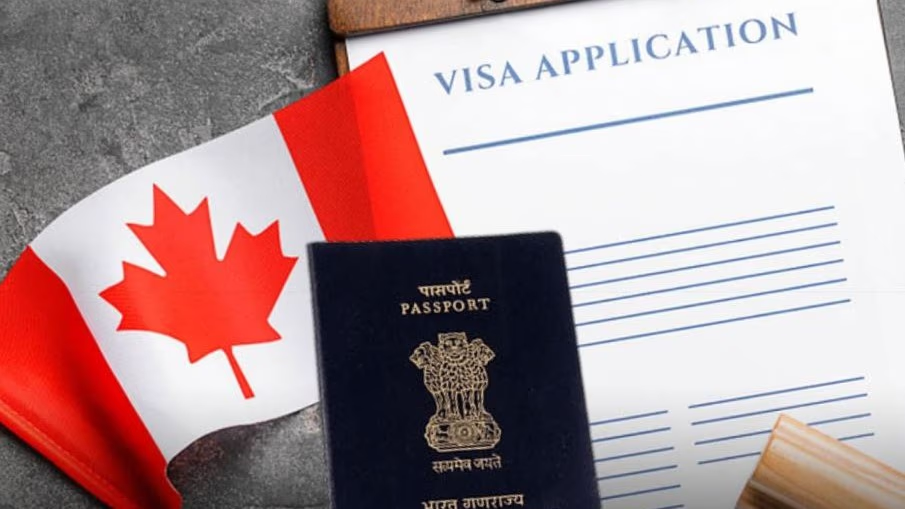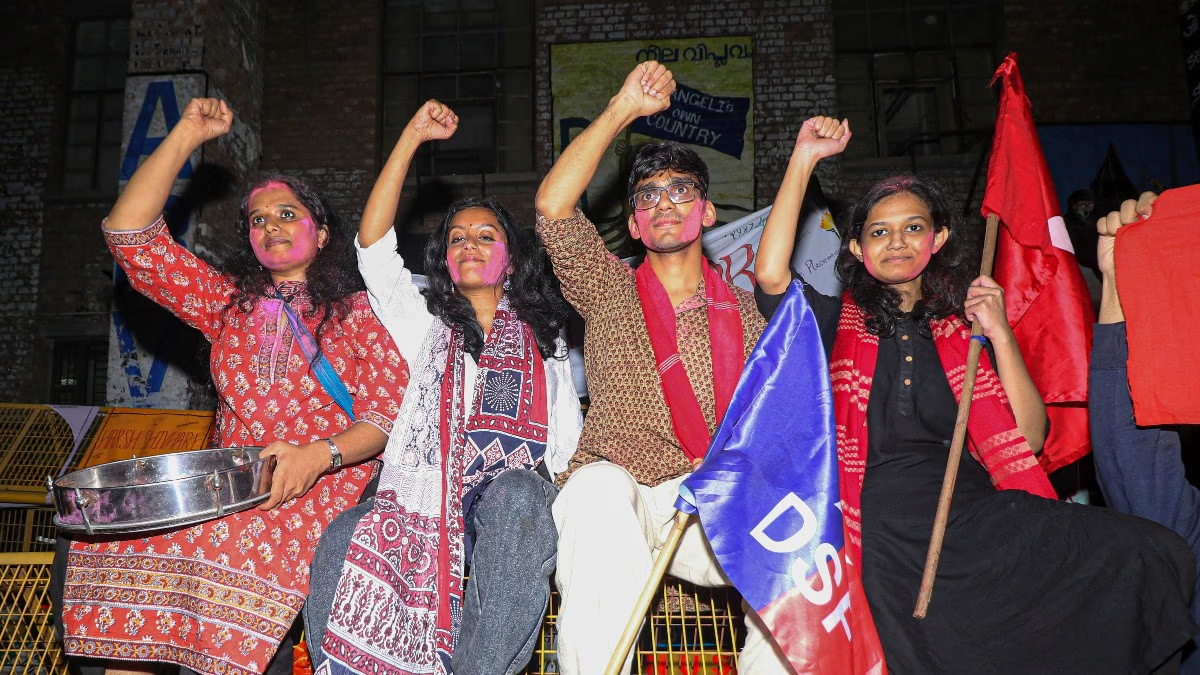Every year, a significant number of people from India choose Canada as their destination. This news is crucial for those with future plans of settling in Canada for work or study. In its latest budget, Canada has unveiled a new Immigration Levels Plan for 2026 to 2028. The government aims to grant permanent residency (PR) to 33,000 work permit holders over the next two years. This change comes at a time when Canada is actively reducing the numbers of temporary migrants holding work permits and study visas.
Indian students and workers make up a considerable portion of the foreign population in Canada. The new plan shows mixed effects for Indian students whose visas were rejected in 2025.
According to the new policy, opportunities for student visas will decline, with only 155,000 students allowed in 2026, nearly half of the 2025 numbers. Those intending to settle through education routes might find it challenging now.
Work permit holders will benefit as those currently working in Canada might find a straightforward path to PR. The Canadian government plans to focus more on permanent residents and skilled migrants by reducing temporary visas.
However, individuals arriving on new work permits may face challenges as Canada has reduced its targets for issuing work permits.
For those entering directly as PR, there are no changes in the plans, as the government hasn’t altered these targets.
Canadian Prime Minister Mark Carney stated that the country would focus on immigrants who can contribute to the local economy, are willing to work in rural and remote areas, and wish to stay in Canada long-term. The government notes that the overwhelming number of temporary migrants has exerted pressure on housing, healthcare, and job sectors.
For those already in Canada on a work permit or PGWP, the path to PR has become somewhat simpler.
However, new students aspiring to come to Canada will find limited seats and visa availability.
This step is seen as a significant shift towards a 'quality-based' immigration model. Canada is moving towards a 'fewer but more qualified migrants' policy.




